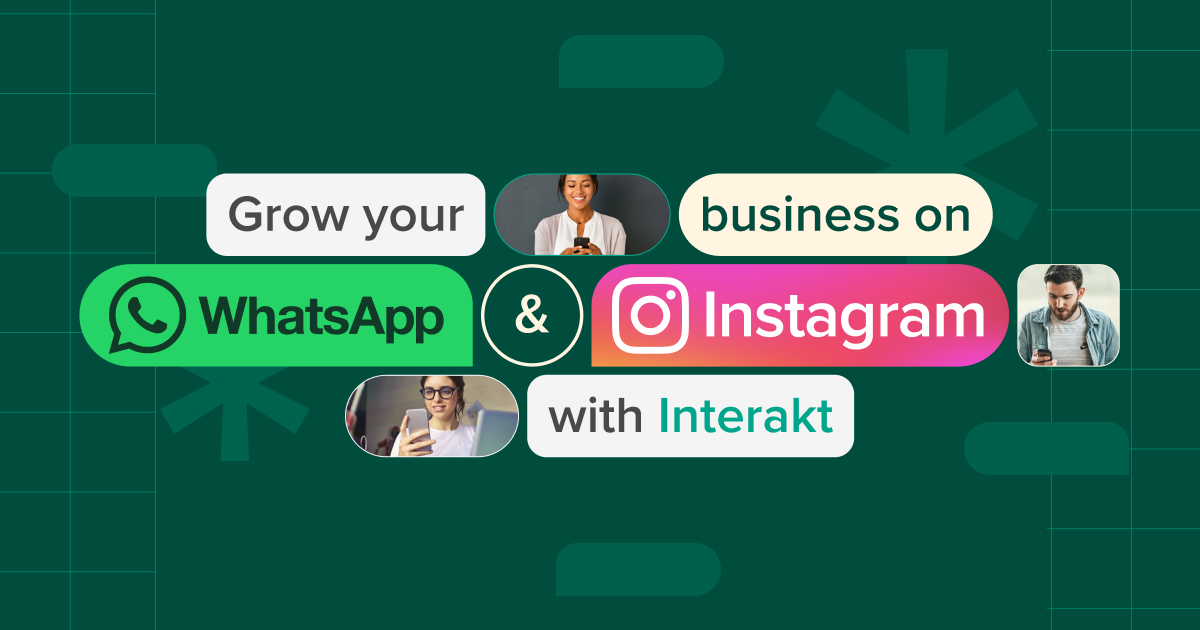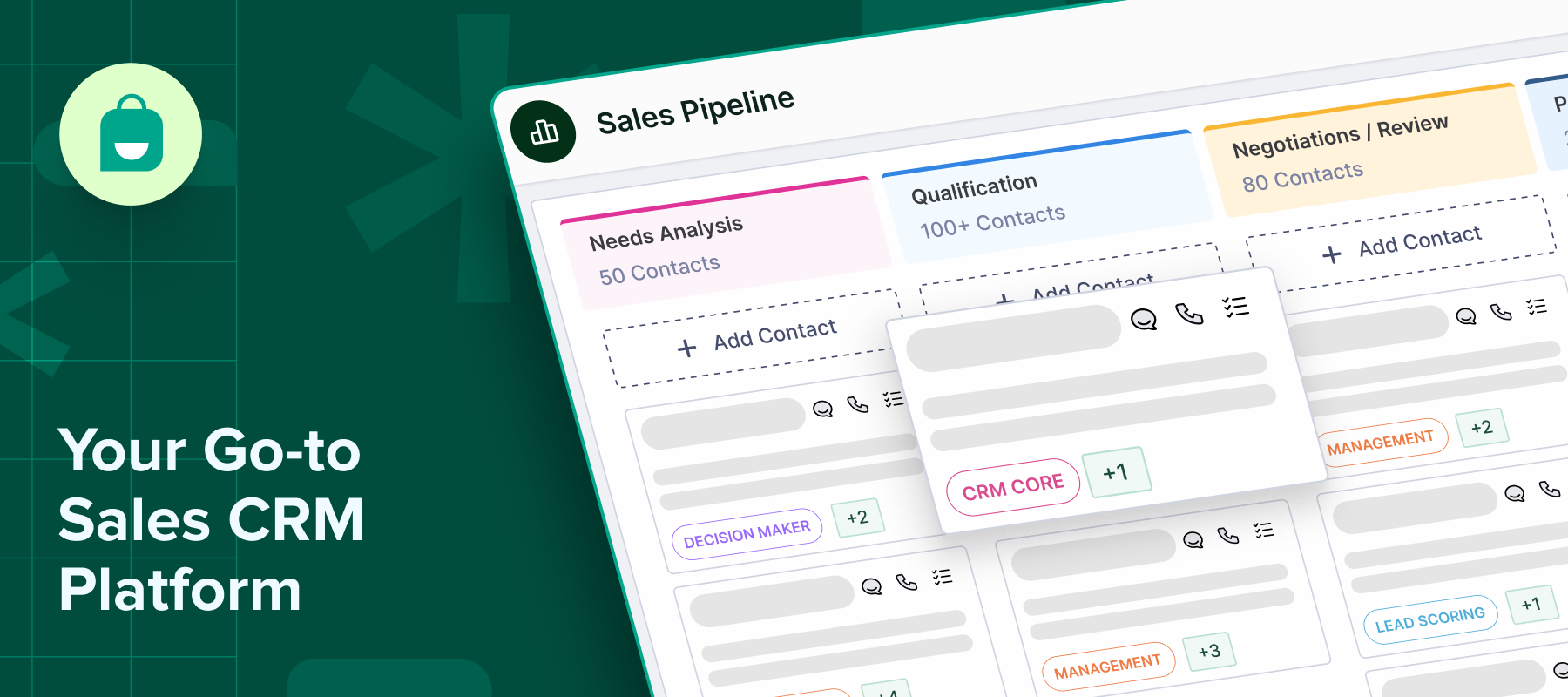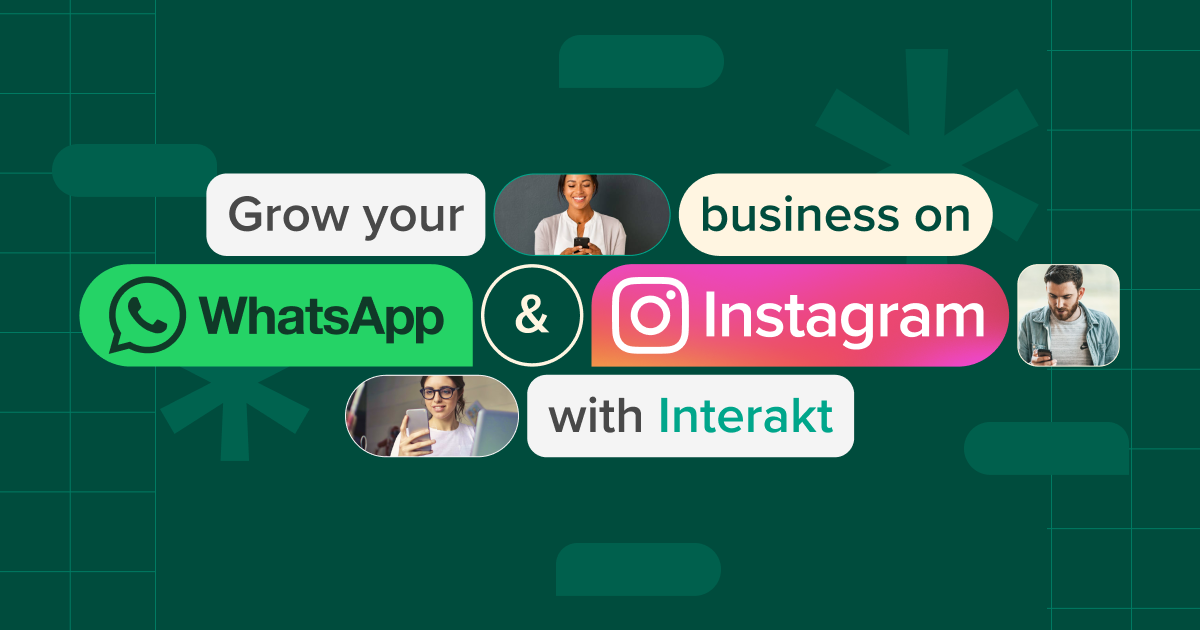With the rapid evolution of digital communication, businesses are constantly on the lookout for new and innovative ways to streamline operations and enhance customer engagement. In a world dominated by instant messaging, WhatsApp Payments has emerged as a game-changer, merging commerce with conversation to offer a seamless, secure, and highly accessible payment experience.
This guide takes a deep dive into how businesses can leverage WhatsApp Payments to simplify transactions, improve customer experience, and grow their revenue—all within a platform that customers use every day.
What is WhatsApp Payments?
WhatsApp Payments is an in-app payment feature that allows users to send and receive money as effortlessly as sending a message. Launched initially in India and expanding to other countries gradually, this functionality leverages Unified Payments Interface (UPI) in India and similar real-time payment systems in other regions.
By integrating payment capabilities directly into the chat interface, WhatsApp transforms itself from a simple messaging app into a conversational commerce powerhouse. Whether it’s collecting payments for an online order, booking a service, or running a promotion, WhatsApp Payments brings transactions to your fingertips.
How to Set Up WhatsApp Payments (Step-by-Step)
Setting up WhatsApp Payments is quick and easy. Here’s how to get started:
1 Update WhatsApp to the Latest Version
Ensure your app is updated from the Play Store (Android) or App Store (iOS) to access the Payments feature.
2 Navigate to the ‘Payments’ Section
Open WhatsApp → Tap the three-dot menu (or settings icon) → Select Payments.
3 Add Your Bank Account
Choose your bank from the list.
4. Verify your mobile number linked to your bank account.
Complete the UPI setup (you may need to create or verify a UPI PIN).
5. Ready to Use
Once verified, you can send and receive money directly from your WhatsApp chats.
For businesses, using WhatsApp Business App or WhatsApp Business API (via a solution provider like Interakt) allows you to collect payments at scale with additional features like automation, catalog sharing, and customer segmentation.
How Businesses Can Collect Payments on WhatsApp
Here’s a practical guide for small businesses, D2C brands, or service providers looking to collect payments directly on WhatsApp:
1. Create a WhatsApp Business Account
Download the WhatsApp Business App (or set up the API version for advanced features).
Add business information such as your name, logo, category, address, and hours.
2. Enable Payments
Follow the steps above to activate payments.
Link your business bank account and verify it using UPI or the supported method in your region.
3. Send Payment Requests via Chat
You can share:
UPI payment links
QR codes
Pre-approved payment buttons
Use catalog items or buttons for specific services or products.
Example:
“Thanks for your order! Tap below to pay securely via WhatsApp 👇
💳 [Pay Now] ₹499.00”
4. Automate Payment Collection (for Scale)
If you use a WhatsApp API platform like Interakt, you can:
Send automated payment reminders
Collect Cash on Delivery to Prepaid conversions
Create abandoned cart payment nudges
Integrate with payment gateways like Razorpay, Cashfree, PayU, Stripe, or UPI
5. Track Transactions
Use the built-in payments dashboard (or integrate your CRM) to:
View all incoming payments
Monitor payment status
Reconcile payments with orders
Security Features of WhatsApp Payments
Security is a critical aspect of any digital payment system.
WhatsApp takes this seriously by offering:
End-to-End Encryption: All payment messages are encrypted for both sender and receiver.
Multi-Factor Authentication: Use of UPI PIN and device-level verification adds a layer of protection.
Bank-Level Security Standards: WhatsApp relies on regulated payment networks like UPI, ensuring high compliance.
The real value of WhatsApp Payments is its ability to integrate seamlessly into users’ daily conversations—making payments feel natural and secure.”
Benefits of Using WhatsApp for Payments
Here’s why more businesses are switching to WhatsApp for payments:
Challenges and Considerations
While WhatsApp Payments offers exciting opportunities, businesses must be aware of:
Regional Limitations
Not all countries support WhatsApp Payments. Check your country’s eligibility.
Regulatory Compliance
Ensure your business adheres to local laws, such as KYC, GST, and digital payment regulations.
Technical Integration
API-based payment automation may require developer support or a business solution provider.
Getting Started with WhatsApp Payments
Whether you’re a solopreneur or an eCommerce business, here’s how to start:
Create a WhatsApp Business Profile
Set Up Payments
Enable Automation (via Interakt or similar platforms)
Integrate Payment Gateways if needed
Educate Your Customers on Paying via WhatsApp
You can also explore official
WhatsApp Business documentation or reach out to a Meta-approved solution provider for help.
Collecting payments via WhatsApp is more than just a trend—it’s the future of conversational commerce. As customers become more mobile-first, the ability to sell, chat, and collect payments within a single app provides unmatched convenience.
By integrating payments with WhatsApp:
You simplify your sales funnel
Reduce drop-offs
Build stronger customer relationships
So, why wait? Start using WhatsApp Payments with Interakt today and unlock a smarter, faster way to do business.
FAQ
Q: How secure are transactions on WhatsApp Payments?
A: Extremely secure. WhatsApp Payments uses end-to-end encryption, UPI PINs, and device authentication to safeguard your transactions.
Q: Can I use WhatsApp Payments for international transactions?
A: Currently, it is designed primarily for domestic use. Availability for cross-border payments depends on regional policies.
Q: What should I do if I face technical issues?
A: You can reach out to WhatsApp support or your linked bank’s customer service to resolve payment-related issues.
Q: Are there any fees involved?
A: WhatsApp doesn’t charge fees for payments. However, your bank or payment gateway may levy nominal transaction fees.
Q: How can I use payment automation with WhatsApp?
A: Use platforms like Interakt to create automated payment workflows, payment buttons, and reminders via WhatsApp API.


